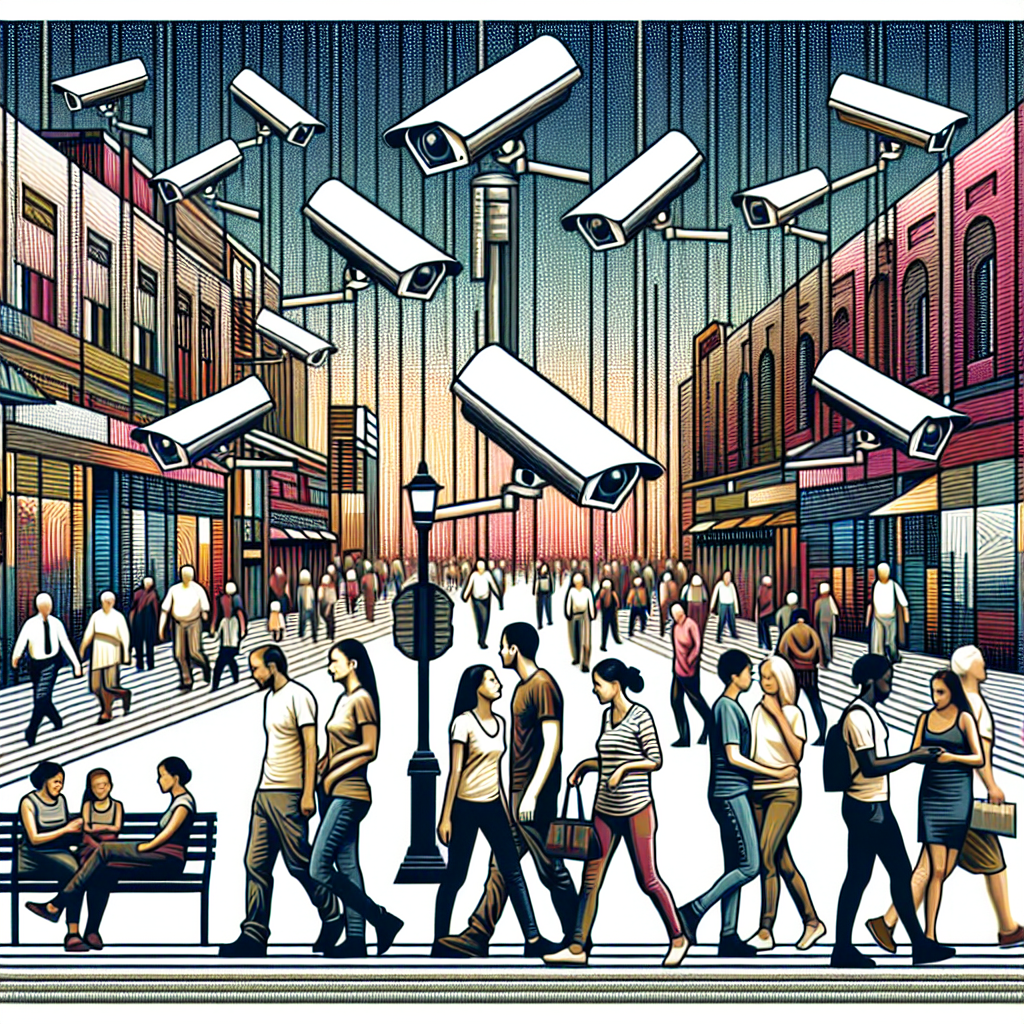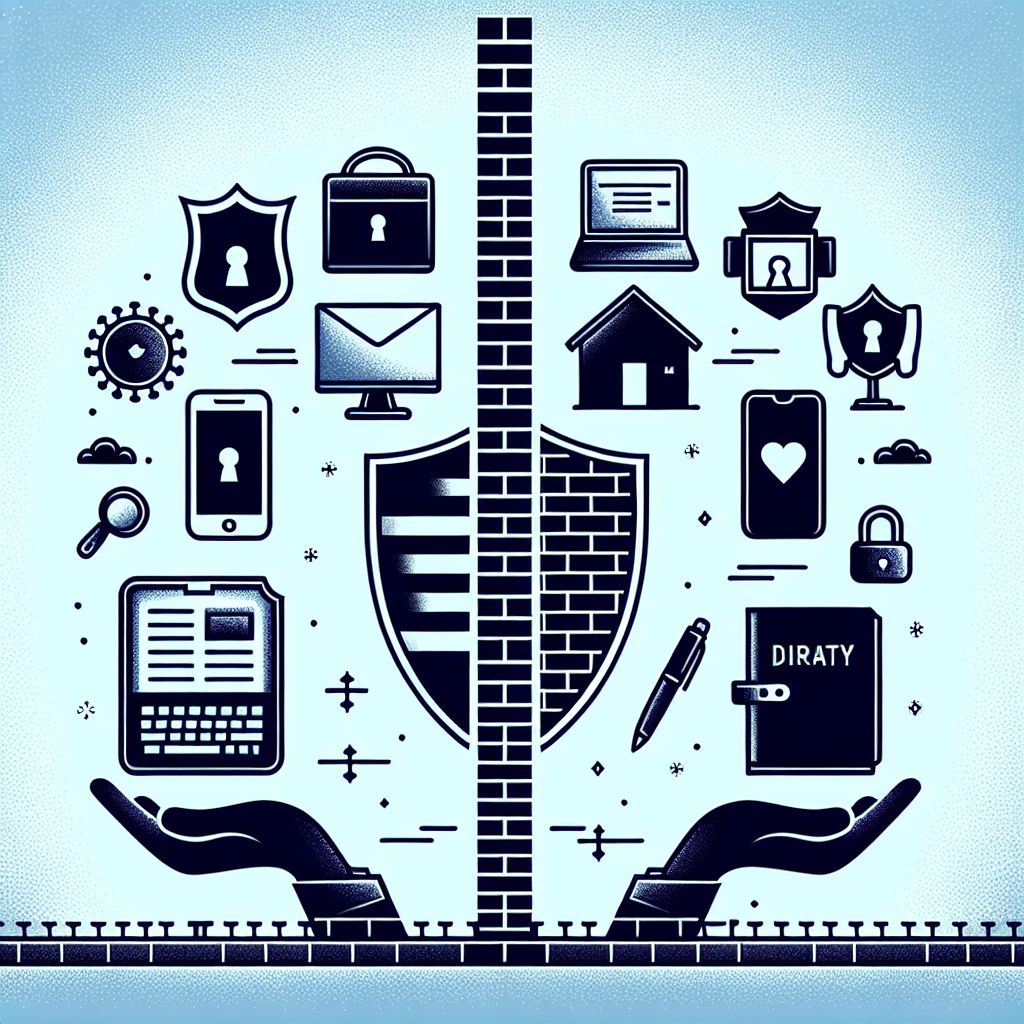The New World Order: A Challenge to Democracy?
Understanding the New World Order
The term “New World Order” (NWO) has emerged in global discourse since the late 20th century, primarily following the end of the Cold War. It denotes a potential shift in geopolitical power, suggesting a future where global governance supersedes national sovereignty. Its implications on democracy invoke substantial debate among political analysts, theorists, and the public. At its core, the NWO presents both opportunities and threats to democratic institutions.
Historical Context
To grasp the implications of the NWO, it’s essential to trace its historical roots. The phrase gained traction during the 1991 Gulf War when notable leaders, including President George H.W. Bush, signaled a vision of a new cooperative world order grounded in international stability. This paradigm was underpinned by institutions such as the United Nations (UN) and International Monetary Fund (IMF), aiming to foster peace and cooperation among nations.
However, the concept has polarized views. Proponents argue that a cooperative order enhances collective security and economic prosperity, while critics assert that it leads to the erosion of national sovereign power, diluting democratic processes in favor of centralized governance.
Impacts on National Sovereignty
One of the primary concerns regarding the NWO is its influence on national sovereignty. As global standards and agreements become more prevalent, countries may find their autonomy constrained by international laws and regulations. For instance, trade agreements like the North American Free Trade Agreement (NAFTA) or the Trans-Pacific Partnership (TPP) incorporate stipulations that can override national legislation, thereby challenging democratic decision-making.
This dynamic is particularly troubling in countries where democratic mechanisms are fragile. When local governments prioritize compliance with global regulations over constituents’ interests, the risk of disenfranchisement grows, causing public trust in democratic processes to erode.
The Rise of Supranational Institutions
Supranational organizations, which operate independently of national control, serve as the backbone of the NWO. The European Union (EU) exemplifies this phenomenon. While the EU facilitates economic integration and political dialogue among member states, critics argue that it supplants national governance and democratic accountability.
In the EU, citizens often feel alienated from decisions made in Brussels, raising questions about legitimacy and representation. This disconnection can contribute to rising nationalism and populism, as seen with movements advocating for Brexit in the UK and similar trends across Europe.
Global Economic Policies
The NWO’s economic frameworks also pose challenges to democracy. Institutions such as the IMF and World Bank often impose stringent austerity measures and structural adjustment programs on developing countries. These measures frequently prioritize fiscal stability over social welfare, contradicting the democratic mandate to serve the public interest.
Such policies can lead to social unrest, as disenfranchised populations react against perceived injustices. The 2011 Arab Spring serves as a poignant example of how economic dissatisfaction can catalyze demands for political change, revealing the vulnerabilities within democracies subjected to external economic pressures.
Technological Advancements and Surveillance
In the age of advanced technology, the intersection of the NWO and surveillance poses significant challenges to democratic values. The proliferation of digital surveillance technologies raises concerns about privacy violations and authoritarian overreach. Governments and corporations can increasingly exploit data to monitor citizens, undermining civil liberties crucial for democratic societies.
The notion of a “surveillance state” gains traction under the guise of security and stability associated with the NWO. For instance, the use of artificial intelligence in decision-making processes may exacerbate issues of transparency and accountability, leading to potential abuses of power.
Populism and Nationalism: A Reactionary Response
The rise of populist and nationalist movements globally can be interpreted as a response to the perceived threats posed by the NWO to democratic governance. Figures such as Donald Trump in the United States and Jair Bolsonaro in Brazil have capitalized on public discontent regarding globalization and its perceived undermining of national identities and democratic practices.
These movements often advocate for a return to “traditional” governance, emphasizing local control and national sovereignty. However, while they resonate with certain segments of the populace, they may also introduce troubling authoritarian tendencies, further complicating the landscape for democracy.
Geopolitical Rivalries and the Erosion of Cooperation
As nations vie for power on the global stage, geopolitical rivalries can undermine the cooperative ethos the NWO aspires to establish. The resurgence of great power competition, notably between the United States and China, poses a substantial challenge to international collaboration. Increased militarization and advocacy for unilateral action diminish the prospects for global governance, exacerbating tensions that threaten democratic norms.
In this climate, countries may prioritize national gains over collective security, eroding trust in multilateral institutions designed to uphold democratic values.
The Role of Civil Society in Countering Authoritarian Trends
Civil society plays a crucial role in mitigating the challenges presented by the NWO to democracy. Engaging citizens through education, advocacy, and grassroots movements empowers them to hold governments accountable. Organizations dedicated to promoting human rights, transparency, and democratic engagement are essential in resisting authoritarian tendencies spurred by globalization.
For instance, non-governmental organizations (NGOs) worldwide lobby for reforms that protect democratic values and human rights. They mobilize public opinion and apply pressure on governments to adhere to democratic principles amidst external and internal pressures.
Globalization vs. Localism
The tension between globalization and localism provides insight into contemporary democratic challenges. While the NWO champions economic interdependence and cultural exchange, many citizens feel threatened by the loss of local jobs and cultural identity. This disconnection fuels anxiety and resistance, often manifesting in anti-globalization sentiments.
Navigating this landscape requires a nuanced approach that balances the benefits of globalization with the preservation of local cultures, economies, and political systems. Ultimately, fostering inclusivity and engagement at the local level can revitalize democratic participation in an era dominated by global narratives.
Conclusion: The Future of Democracy in the Context of the New World Order
As the dialogue surrounding the New World Order evolves, the delicate balance between global governance and democratic principles becomes increasingly imperative. While opportunities for international cooperation and collective security abound, the challenges posed to democracy necessitate vigilant advocacy for citizens’ rights and local accountability. By fostering robust democratic institutions and engaging civil society, the potential for a truly inclusive global order can be realized, ensuring that democracy flourishes despite the complexities of a rapidly changing world.












Leave a Reply